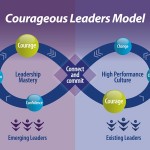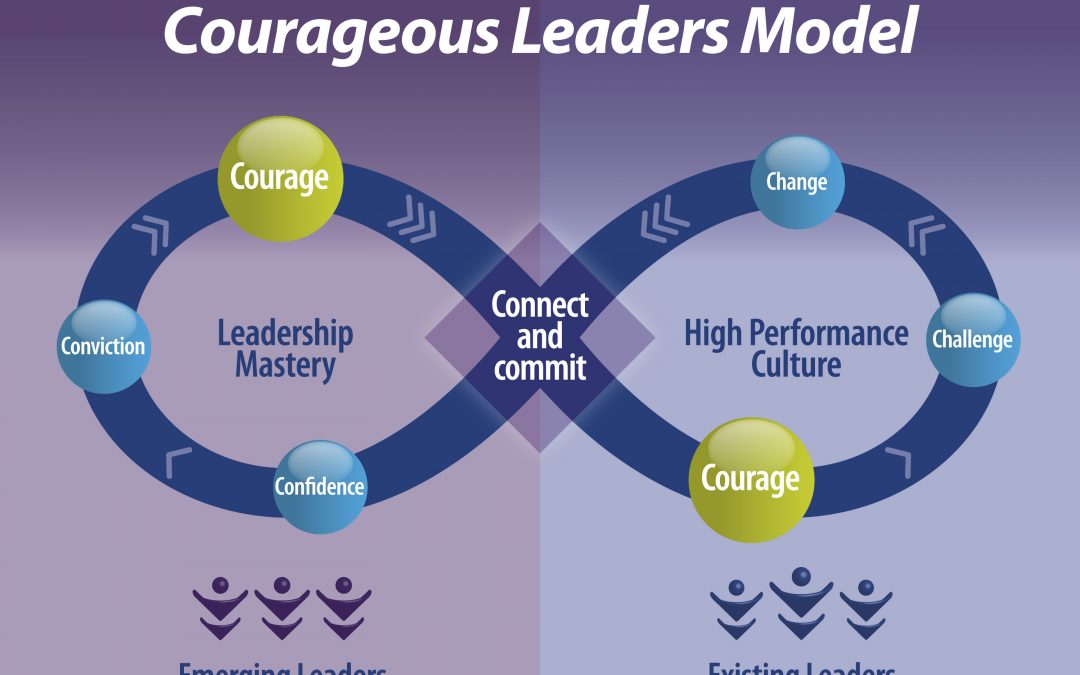Trawling through the archives, we found this blog post from 2011. As both regular readers and admirers of Seth Godin’s work, we used one of his posts to frame how his ideas often link to leadership – and in particular the Courageous Leaders model.
 At Courageous Leaders we often ask leaders to ask themselves some challenging questions. Recently Seth Godin provided a list of 7 (actually 8 including the bonus) challenging questions, that encourage leaders to approach issues differently, be flexible and open, be collaborative and relinquish the need to be right.
At Courageous Leaders we often ask leaders to ask themselves some challenging questions. Recently Seth Godin provided a list of 7 (actually 8 including the bonus) challenging questions, that encourage leaders to approach issues differently, be flexible and open, be collaborative and relinquish the need to be right.
S.G – Do you let the facts get in the way of a good story?
Connect and Commit – A courageous leader knows that both the facts AND the feelings, our intuitive sense of how to respond and our ability to share our stories are all equally important. By being open to facts, intuition and stories leaders enable connection and commitment throughout the organisation.
S.G – What do you do with people who disagree with you… do you call them names in order to shut them down?
Courage – Rather than reacting, a courageous leader doesn’t react by trying to put others down, instead they courageously address the issue at hand.
S.G – [Bonus: Are you willing to walk away from a project or customer or employee who has values that don’t match yours?]
Conviction – Courageous leaders truly own their values and question the behaviour of leaders, employees, customers and suppliers when it does not fit their values. When a partner or sales director brings in large amounts of business and behaves in a bullying or harassing manner to to others, what measures do you take if this is inconsistent to your values?
S.G – Is it okay if someone else gets the credit?
Confidence – A courageous leaders has an inner confidence and is keen to share credit and recognition. Courageous leaders truly own their values and question the behaviour of leaders, employees, customers and suppliers when it does not fit their values.
S.G – Are you open to multiple points of view or do you demand compliance and uniformity? How often are you able to change your position?
Change – for any twenty-first century leader, change is simply part of every day life. Courageous leaders relish the opportunity to take in new information and change their point of view and way of doing business. Note – A courageous leader sees change as an opportunity to develop and hone their leadership skills
S.G – Do you have a goal that can be reached in multiple ways?
Challenge – A courageous leader is open to being challenged by others and discovering new ways to address opportunities and solve problems.
S.G – If someone else can get us there faster, are you willing to let them?
Empowering others – A courageous leader is willing to let go, to move aside when someone else has more knowledge, experience or passion for a project, issue or opportunity. Being a facilitator for others to achieve their best is an integral part of courageous leadership.







